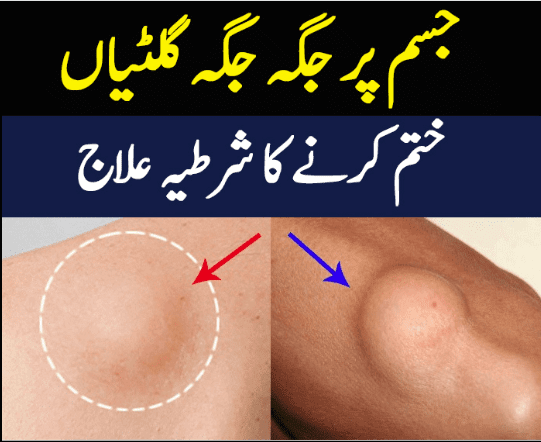Would you like to support me so that I could create more free Prompts- buymeacoffee.com/asktojk
Iron deficiency anemia, a prevalent condition worldwide, demands attention due to its impact on health. Understanding its causes, symptoms, and treatments is crucial for effective management and prevention.
Unveiling the Causes
The primary cause of iron deficiency anemia is a lack of adequate iron in the body. This can result from several factors:
Dietary Insufficiency: Poor intake of iron-rich foods contributes significantly to this condition.
Blood Loss: Chronic blood loss, often due to ulcers, heavy menstruation, or gastrointestinal issues, can deplete iron levels.
Inadequate Absorption: Certain medical conditions can hinder the body’s ability to absorb iron effectively.
Recognizing the Symptoms
Identifying iron deficiency anemia requires an understanding of its symptoms:
Fatigue: Persistent tiredness and a lack of energy are common.
Weakness: Physical weakness and a reduced ability to perform daily activities.
Pale Skin: Skin pallor or a notably pale complexion can be a visible sign.
Shortness of Breath: Difficulty breathing even with minimal exertion.
Dizziness: Experiencing lightheadedness or dizziness often.
Chest Pain: Some individuals may feel chest pain or an irregular heartbeat.
Effective Treatments
Resolving iron deficiency anemia involves diverse approaches:



Dietary Changes: Incorporating iron-rich foods like red meat, beans, and leafy greens can replenish iron levels.
Supplements: Iron supplements prescribed by healthcare professionals can aid in boosting iron levels.
Treating Underlying Conditions: Addressing conditions causing blood loss or hindering iron absorption is vital.
Blood Transfusions: In severe cases, transfusions may be necessary to rapidly increase iron levels.
Active Steps for Health
Maintaining optimal iron levels is essential for overall well-being. Taking active steps to prevent iron deficiency anemia includes:
Balanced Diet: Embrace a diet rich in iron, vitamins, and minerals for sustained health.
Regular Check-Ups: Routine health check-ups help monitor iron levels and detect any deficiencies early.
Medication Adherence: Consistency in taking prescribed supplements or medications is crucial.
Awareness: Educate oneself on the symptoms and risk factors associated with iron deficiency anemia.
Transitioning to Optimal Health
Transition words like “however,” “furthermore,” and “consequently” aid in delivering a cohesive and informative piece. As you delve into the realm of understanding iron deficiency anemia, the significance of early detection and management becomes evident. By recognizing its causes, identifying symptoms, and embracing effective treatments, one can actively strive toward better health.
Understanding, prevention, and proactive steps are pivotal in managing iron deficiency anemia, thereby ensuring a healthier and more vibrant life.



